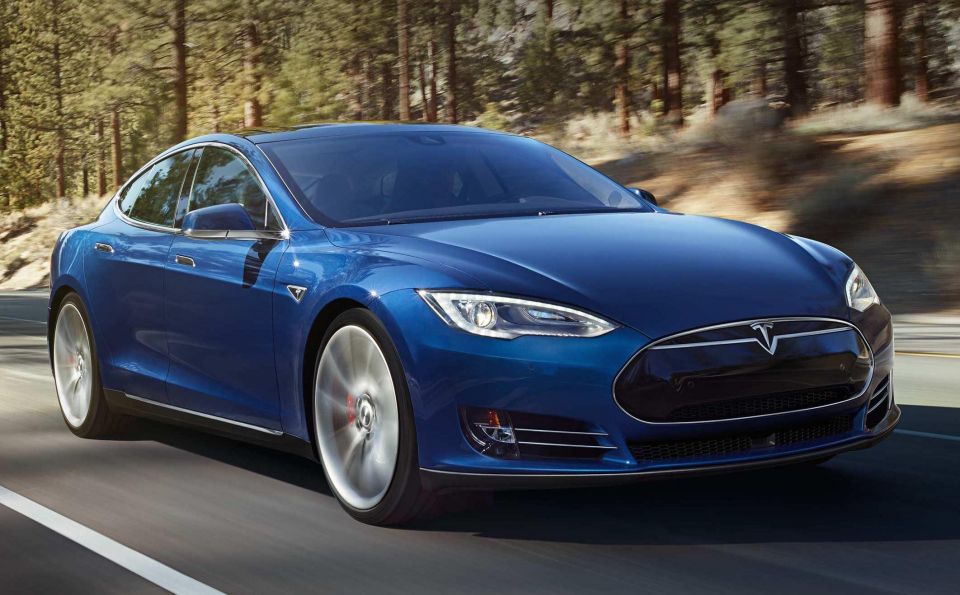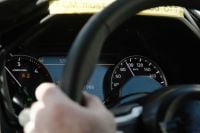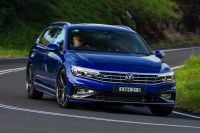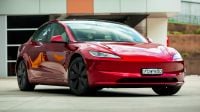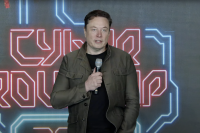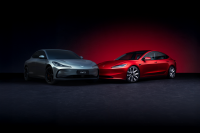
News Editor
A California jury has found in favour of Tesla in a case involving its Autopilot system.
Reuters reports the jury rejected claims from the plaintiff, Justine Hsu, that her Tesla Model S’s Autopilot system didn’t perform safely and awarded her zero damages.
This was believed to be the first trial relating to a crash where Autopilot was active, and legal experts say that while the verdict isn’t binding in other cases, it could help shape the strategies of other plaintiffs’ legal teams.
Jurors told the news agency they believed driver distraction was to blame, and that Tesla had clearly warned its Level 2 system was not driverless technology.

“Autopilot never confessed to be self pilot. It’s not a self-driving car,” juror Mitchell Vasseur told Reuters, acknowledging he felt badly for Ms Hsu but that Autopilot wasn’t at fault.
“It’s an auto assist and [Tesla] were adamant about a driver needing to always be aware.”
“The technology is something that’s assisting you and we want that message to be clear,” said jury foreperson Olivia Apsher.
“Drivers should understand that before they sit behind and take control of the vehicle using those features.”
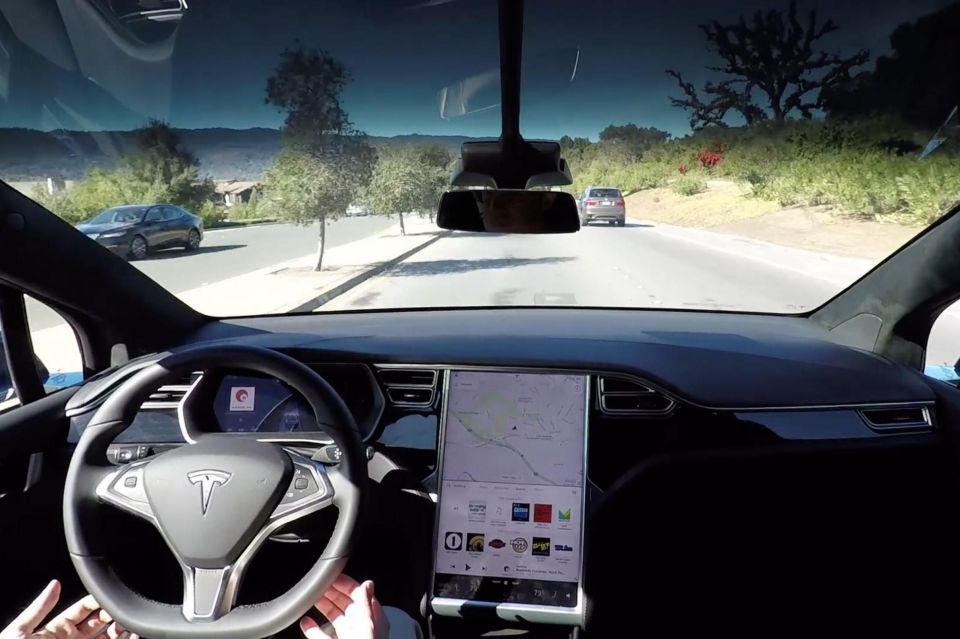
The trial took place in Los Angeles Superior Court over the course of three weeks, with three Tesla engineers testifying.
Ms Hsu, of Los Angeles, filed suit against Tesla in 2020 for an incident that occurred the year before, claiming her Model S swerved into a kerb with Autopilot active.
The airbag deployed “so violently it fractured Plaintiff’s jaw, knocked out teeth, and caused nerve damage to her face”, according to legal filings.
Following the verdict, Ms. Hsu’s attorney Donald Slavik said that while he understands the jury believed his client was distracted, the system only warned her less than a second prior to the car hitting the kerb.
The verdict was a win for Tesla, which has been battered by claims its Autopilot system is unsafe.
The National Highway Traffic Safety Administration, a US regulator, has two active investigations underway into the system, one of which is in the engineering analysis stage and is looking at crashes with stationary emergency vehicles, while the other is looking at phantom braking reports.
The agency confirmed it’s investigating the 17th fatal crash involving Autopilot, after a Model S collided with a parked fire truck in Contra Costa County, California in February.
Shareholders also recently filed a proposed class action suit against Tesla in federal court in San Francisco, arguing they had been defrauded by the company with false and misleading statements on technology that “created a serious risk of accident and injury”.
Trusted Reviews, Smarter Choices, Better Prices
Where expert car reviews meet expert car buying – CarExpert gives you trusted advice, personalised service and real savings on your next new car.
William Stopford is an automotive journalist with a passion for mainstream cars, automotive history and overseas auto markets.
You might also like
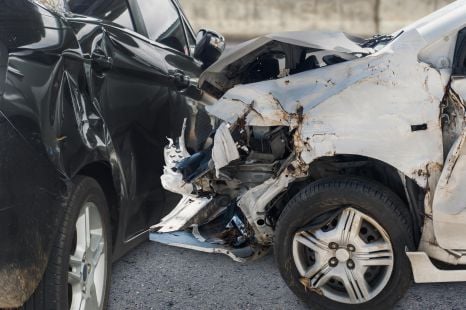

Alborz Fallah
Australia’s road toll climbs despite record speeding fines
4 Hours Ago
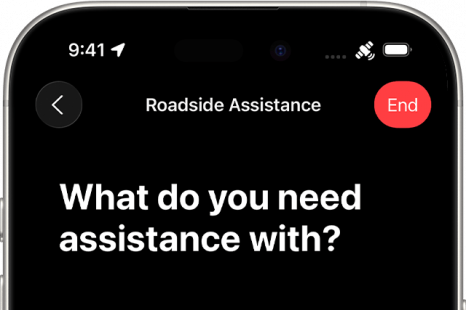

Marton Pettendy
Roadside assistance now available off-grid in Australia
6 Hours Ago
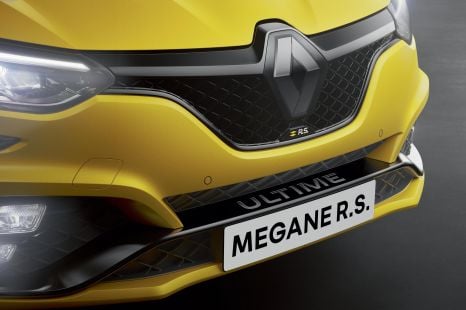

Ben Zachariah
Renault Sport may be revived to bridge gap to Alpine – report
8 Hours Ago
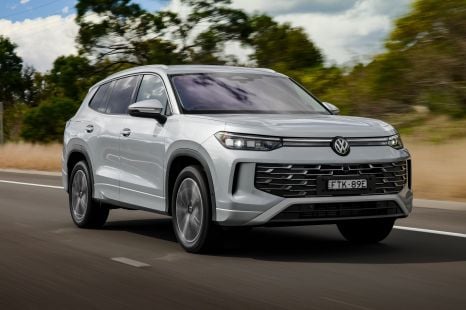

Damion Smy
Diesel power not ruled out for Volkswagen's new Kia Sorento fighter
9 Hours Ago
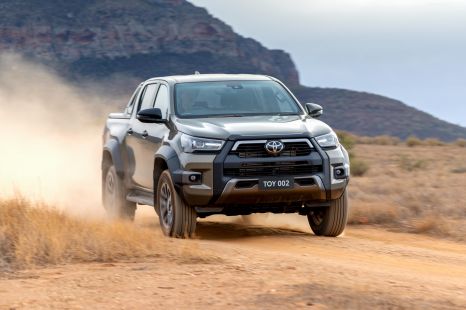

Damion Smy
Diesel could be dead in a decade, says Toyota
10 Hours Ago
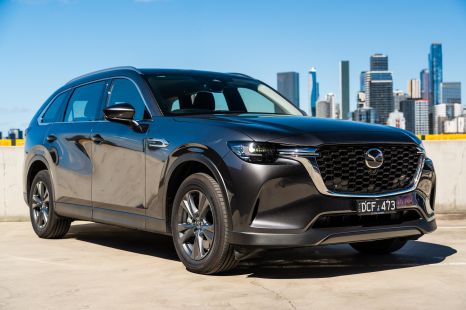

William Stopford
Multiple Mazda models recalled
10 Hours Ago
